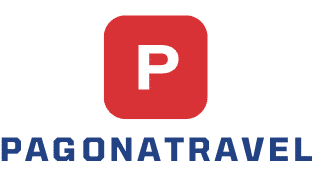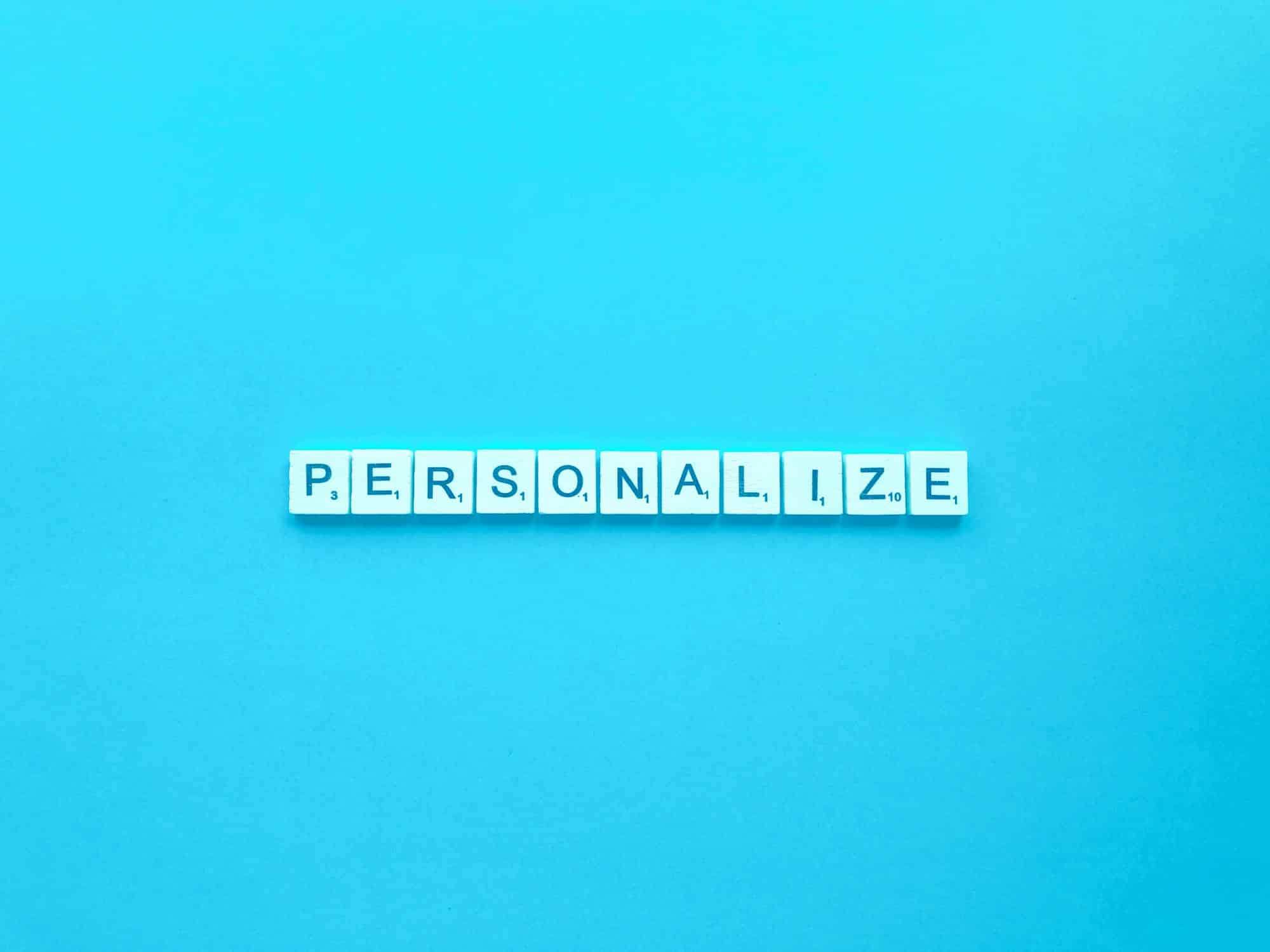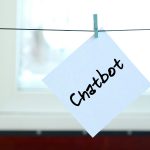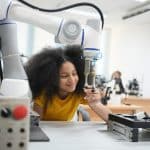In our rapidly advancing technological world, it is no longer enough to follow a one-size-fits-all nutrition plan. With everyone’s unique health goals, dietary restrictions, and food preferences, the need for personalized nutrition is more apparent than ever. The emerging field of data-powered nutritional recommendations has been making waves in the health industry, promising a new way of tailoring diet plans to meet individual needs.
In this article, we delve into the mechanics of AI algorithms in personalized nutrition, how they utilize user data, and the ways they are changing the landscape of health and diet.
This might interest you : How Can AI Personal Assistants Enhance Time Management for UK Professionals?
The Intersection of Technology and Nutrition
As technology continues to permeate every aspect of our lives, its influence on our health and nutrition cannot be ignored. The convergence of machine learning, genetic research, and dietary science is creating a new paradigm of personalized nutrition.
Machine learning, a subset of AI, is a powerful tool that enables computers to learn from data and make predictions or decisions without being explicitly programmed. In the context of nutrition, machine learning can sift through a vast amount of data related to an individual’s dietary habits, health status, and genetic makeup, and make precise recommendations about what kind of food they should eat.
Also read : How Can AI Optimize Inventory Management in UK’s Pharmaceutical Supply Chain?
Equipped with this advanced technology, personalized nutrition plans are no longer a distant dream but a reality that is revolutionizing the diet and health industry.
Unpacking the Role of AI Algorithms in Personalized Nutrition
AI algorithms are at the heart of personalized nutrition technology. By processing and learning from large volumes of data, they can predict the effects of different foods on an individual’s health.
Initially, the AI system gathers data on the user’s current dietary habits, food preferences, lifestyle factors, and health metrics. This data may come from various sources, ranging from self-reported surveys to wearable devices that track physical activity.
Once the initial data is collected, the AI fine-tunes its recommendations based on the user’s feedback and ongoing health data. This constant learning and adaptation process enables the personalized nutrition plan to evolve with the user’s changing needs and circumstances.
Powering Personalized Nutrition with Genetic Data
A key aspect that sets AI-powered personalized nutrition apart from traditional diets is its use of genetic data. Everyone’s body responds differently to food based on their unique genetic makeup. Understanding these genetic differences can provide insightful nutritional recommendations that are truly individualized.
The AI uses this genetic information to identify potential food sensitivities, nutrient deficiencies, and dietary needs that are unique to the user. By integrating this data with other health and lifestyle factors, the AI can create a comprehensive, personalized nutrition plan that is designed to optimize the user’s health.
The Future of AI-Powered Personalized Nutrition
As AI algorithms continue to evolve and learn, the potential for personalized nutrition plans to impact our health and wellbeing is immense. These advanced technologies are already being used to prevent and manage chronic diseases, promote weight loss, and optimize athletic performance among others.
However, it’s important to note that AI-powered personalized nutrition is a tool, not a magic bullet. It must be coupled with a commitment to making healthier food choices and maintaining a balanced lifestyle.
Furthermore, the ethical considerations of using such detailed personal data, including genetic information, must be addressed. Protecting user privacy while delivering personalized dietary advice is a challenge that technology and regulations must tackle together.
The Real-World Impact of AI-Powered Personalized Nutrition
AI-powered personalized nutrition is not just a theoretical concept. It’s already making a difference in people’s lives. Numerous health and wellness companies are utilizing AI technology to provide personalized nutritional recommendations to their users.
For example, meal planning platforms are leveraging AI to curate meal plans based on users’ dietary restrictions, food preferences, and health goals. Fitness apps are incorporating AI to provide nutritional recommendations that complement users’ workout routines. Even grocery stores are using AI algorithms to suggest healthier substitutions for items in shoppers’ baskets.
Indeed, AI-powered personalized nutrition is more than just a trend. It’s a health revolution that is transforming the way we think about food, diet, and health.
The Role of the Gut Microbiome in Personalized Nutrition
In the world of personalized nutrition, another significant factor that comes into play is the gut microbiome. Our gut is home to trillions of bacteria, viruses, and fungi, collectively known as the microbiome. These microscopic organisms play a crucial role in our health – from helping in digestion and nutrient absorption to influencing our immunity, mood, and even weight.
Machine learning algorithms can analyze the unique composition and function of an individual’s gut microbiome. By studying the vast data generated from these analyses, AI can draw correlations between the microbiome, diet, and health outcomes. For instance, research shows that certain bacterial species are more prevalent in individuals with obesity versus those of normal weight. By understanding these patterns, AI can provide personalized dietary recommendations aimed at cultivating a healthy gut microbiome.
Incorporating gut microbiome data is a significant leap forward in personalized nutrition. It offers a more holistic approach by considering not just our genes and lifestyle but also the microscopic life that resides within us. As we continue to uncover the complex relationship between the microbiome and our health, the possibilities for AI-powered personalized nutrition become even more exciting.
Conclusion: Navigating the Future with AI-Powered Personalized Nutrition
In conclusion, artificial intelligence and machine learning are indeed revolutionizing the way we approach nutrition. From analyzing our genetic makeup and lifestyle factors to understanding our gut microbiome, AI-driven algorithms are enabling truly personalized nutrition plans.
However, it’s crucial to remember that a personalized diet is a tool, not an instant solution. It’s up to us to use it wisely and make healthier food choices. Furthermore, as we embrace this new era of personalized nutrition, the importance of protecting user data and privacy cannot be overstated.
As we move forward, AI-powered personalized nutrition has the potential to usher in a new era of health and wellness. It can help individuals achieve their health goals, whether that’s weight loss, managing a chronic disease, or simply leading a healthier lifestyle. It also has potential on a larger scale, contributing to addressing public health challenges and shaping a healthier future for all.
While there may be challenges along the way, the promise of AI-powered personalized nutrition is undeniable. It represents a significant step forward in the ongoing journey towards better health and wellbeing. Undoubtedly, it is an exciting time to be at the intersection of technology and nutrition. And as we continue to evolve and adapt, so too will our approach to healthy eating, forever transformed by the power of AI.











